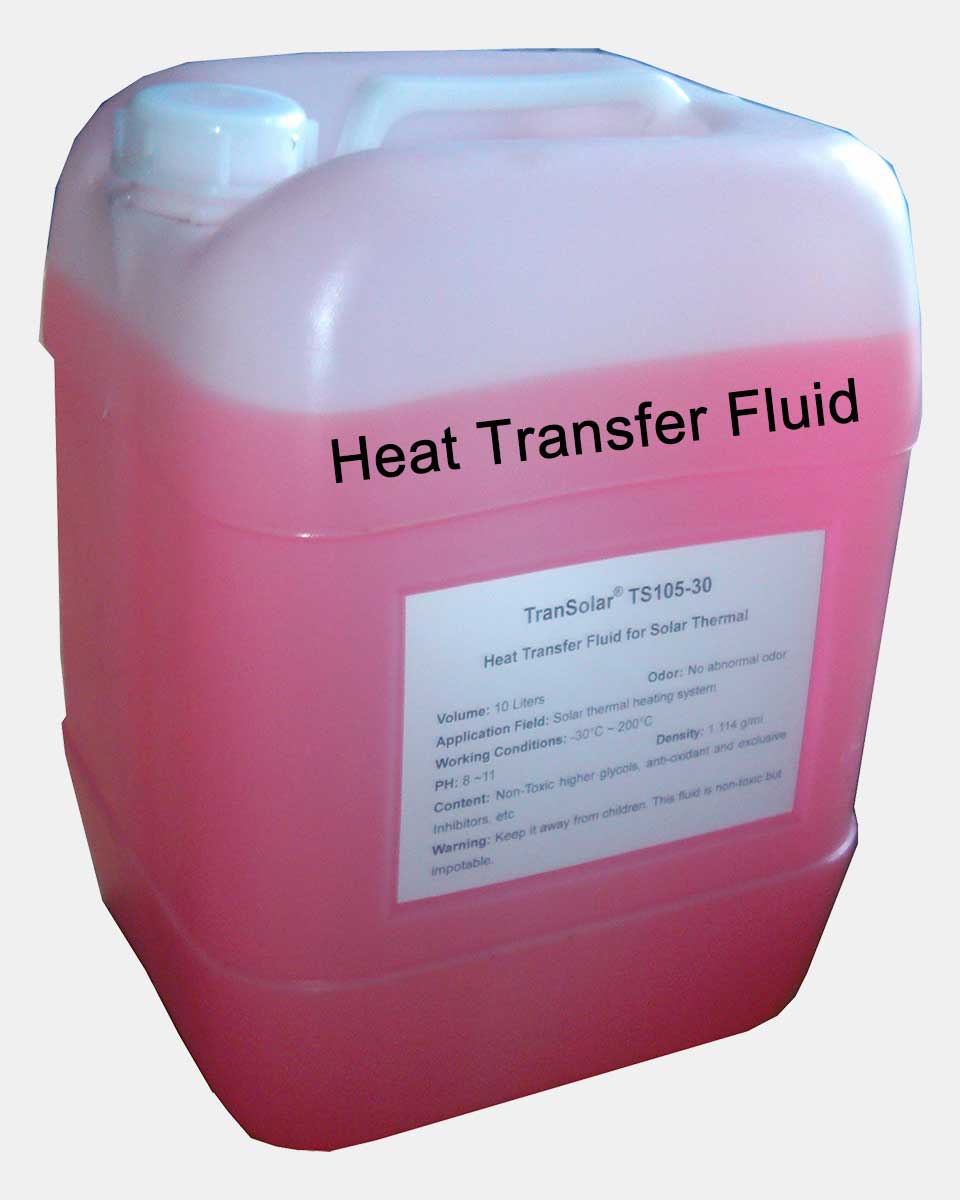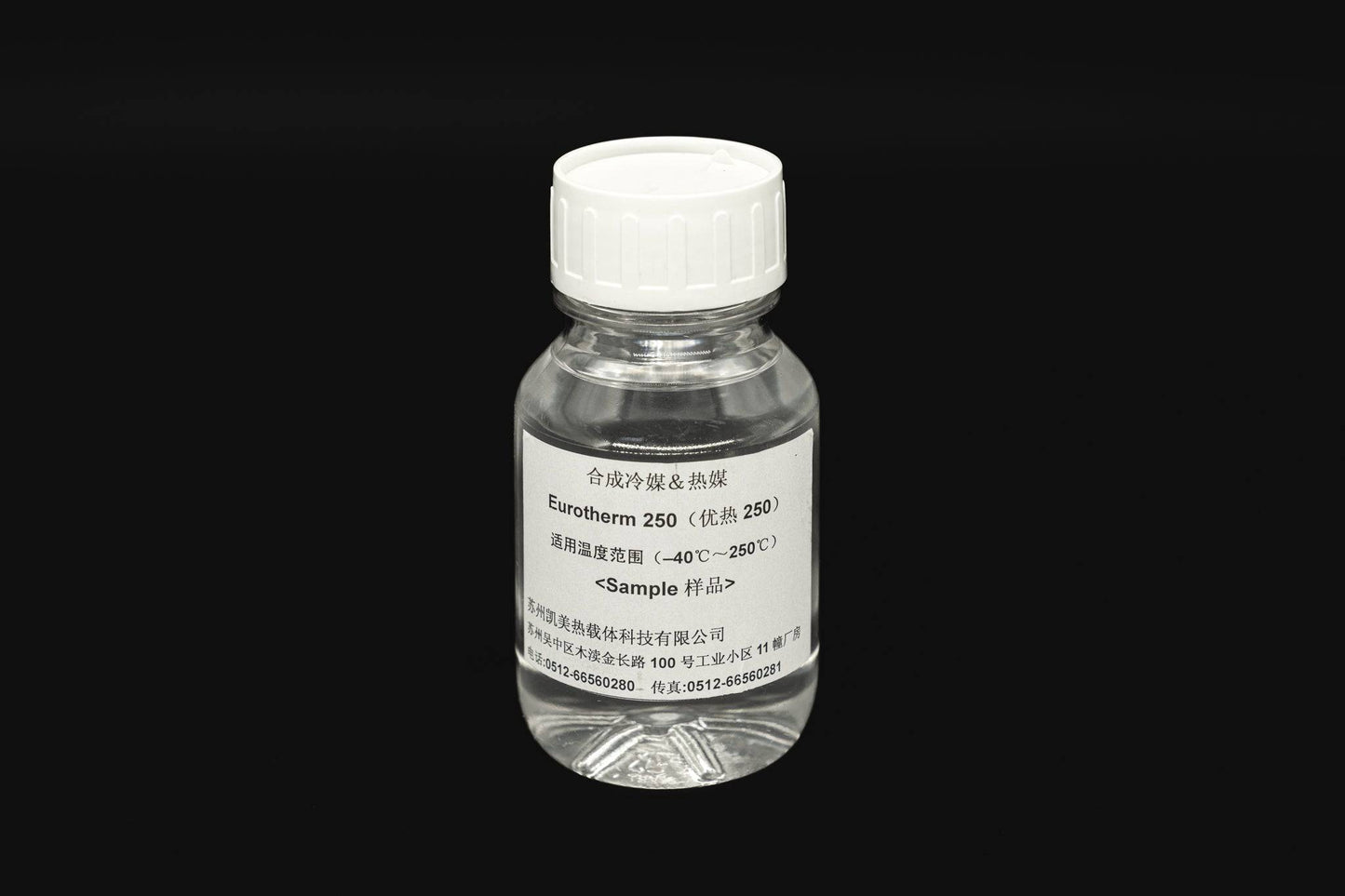How Silicone Oil Functions as a Superior Heat Transfer Fluid in Precision Equipment
How Silicone Oil Functions as a Superior Heat Transfer Fluid in Precision Equipment
Blog Article
Just How to Select the most effective Heat Transfer Fluid for Your Heating and Cooling Equipments
Choosing the appropriate warm transfer fluid for home heating and cooling down systems is a nuanced procedure that demands mindful factor to consider of numerous elements. It is vital to evaluate the particular operational temperature level range, as well as the thermal residential or commercial properties such as conductivity and thickness that influence system effectiveness.
Comprehending Heat Transfer Fluids
Heat transfer liquids play an essential function in numerous commercial and commercial applications by promoting the transfer of thermal power. These fluids are vital in systems such as home heating, air conditioning, and energy generation, where reliable thermal management is vital for functional efficiency. The primary feature of warmth transfer liquids is to soak up warmth from a resource and transportation it to a designated place, where it can be made use of for home heating or transformed right into mechanical power.
Warmth transfer liquids can be identified into a number of classifications, consisting of liquids, gases, and phase-change products, each offering details applications based upon their thermal residential or commercial properties. silicone oil. Common examples consist of water, oils, and cooling agents, which are chosen depending upon the temperature variety, pressure conditions, and compatibility with system products
The performance of a warmth transfer fluid can substantially influence the general efficiency of a thermal system. Factors such as viscosity, thermal conductivity, and details warmth capability determine exactly how well a fluid can transfer warmth. Comprehending these attributes is important for picking one of the most appropriate fluid for a certain application, making certain ideal performance and integrity in commercial procedures.
Secret Characteristic to Consider
Picking the proper heat transfer liquid requires cautious factor to consider of numerous vital properties that affect performance and performance. Most importantly, thermal conductivity is essential, as it figures out the fluid's capability to move heat successfully. Higher thermal conductivity typically results in better efficiency in heating and air conditioning applications.
One more necessary building is viscosity, which impacts the liquid's flow attributes. A liquid with reduced thickness at operational temperature levels will certainly flow a lot more quickly, reducing pumping power requirements. In addition, the specific heat ability of the fluid plays a crucial duty; a higher certain warm shows the liquid can store much more thermal power, improving system effectiveness.

Sorts Of Heat Transfer Fluids
A variety of warmth transfer fluids are readily available, each created to meet certain operational demands and performance standards. The key groups of heat transfer liquids include water, natural fluids, and cooling agents.
Water is typically utilized because of its high warmth capability and affordable, making it ideal for numerous heating & cooling applications; nonetheless, it has limitations pertaining to freezing and steaming factors. Organic liquids, such as glycol mixes, provide a more comprehensive temperature level array and are less susceptible to freezing, making them suitable for applications in colder climates. These fluids can additionally provide much better thermal security contrasted to water.
Refrigerants are made for details applications in vapor-compression refrigeration and cooling systems. They have distinct thermodynamic properties that make it possible for effective warm transfer at low temperatures. Various other specialized fluids consist of mineral oils, which are typically used in high-temperature applications due to their thermal security and non-corrosive nature.
Selecting the suitable warmth transfer fluid involves considering the operating temperature range, thermal residential properties, and system compatibility. By understanding the sorts of fluids available, one can make enlightened choices that improve system performance and long life.
Environmental and Security Variables
When assessing warm transfer liquids, it is necessary to think about the environmental and security aspects connected with their usage. The choice of a liquid need to straighten with regulatory requirements and minimize prospective ecological effect. Fluids that are non-toxic, naturally degradable, and have low global warming potential are chosen, as they contribute to sustainability and reduce liability in case of spills or leakages.
Security is one more critical consideration; the liquid's flash factor, toxicity, and potential for unsafe responses need to be completely examined. Fluids with high flash points are usually more secure, reducing the danger of fire in high-temperature applications - thermal oil. Furthermore, the compatibility of the fluid with system materials must be evaluated to protect against deterioration, which can result in leakages and potentially hazardous scenarios
Additionally, proper handling and disposal treatments ought to be plainly detailed. Making use of fluids that are very easy to dispose and take care of of can dramatically decrease ecological risks. By prioritizing these ecological and security factors, companies can make informed choices that not only protect their personnel and the environment yet also enhance the total performance and reliability of their home heating and cooling systems.
Application-Specific Suggestions
Comprehending the specific demands of a provided application is necessary for picking one of the most effective warm transfer liquid. Different systems have distinct thermal demands, operating temperature levels, and liquid qualities that affect the option procedure. In applications involving high-temperature settings such as concentrated solar power systems, synthetic oils or molten salts might be extra ideal due to their exceptional thermal security and warm transfer performance.

Furthermore, industries taking care of destructive materials, such as chemical processing, might require heat transfer liquids with enhanced deterioration inhibitors to lengthen system life and maintain efficiency.
Additionally, applications with rigid environmental laws may profit from bio-based fluids or those with low poisoning profiles. By completely assessing these application-specific factors, engineers can make certain optimal performance, safety and security, and longevity of their home heating and cooling down systems useful content while adhering to governing compliance and sustainability goals.
Verdict

Finally, picking the optimum warmth transfer liquid for heating and cooling down systems requires a comprehensive assessment of various elements, including operational temperature level range, thermal homes, material compatibility, and environmental safety and security. A knowledgeable option ultimately enhances system efficiency, lowers functional costs, and promotes sustainability. Focusing on these factors to consider makes sure the durability and performance of heating and cooling systems, contributing to total efficiency in thermal administration applications.
The primary feature of warm transfer fluids is to soak up warm from a source and transportation it to an assigned location, where it can be made use of for home heating or converted into mechanical power.
The efficiency of a heat transfer liquid can substantially impact the total effectiveness of a thermal system. Elements such as viscosity, thermal conductivity, and certain heat ability figure out how well a liquid can transfer warmth. Additionally, the details warm capacity of the liquid plays a vital duty; a higher certain heat indicates the liquid can store a lot more thermal energy, improving system efficiency.
In final thought, Discover More Here selecting the ideal heat transfer liquid for home heating and cooling systems demands an extensive analysis of various aspects, including functional temperature variety, thermal residential properties, material compatibility, and environmental safety and security.
Report this page